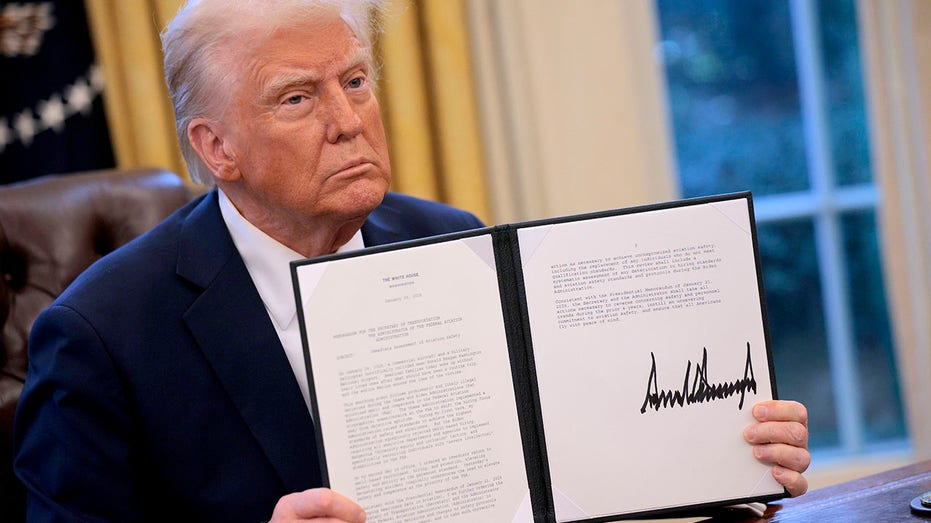Florida GOP Introduces Bill to Cement Trump-Era Policies Aiming for US Dominance in Strategic Industry
GOP Congressman Byron Donalds pushes to codify Trump’s nuclear energy orders to boost production and overhaul regulations.

A major legislative effort is underway in Washington to cement several executive actions on nuclear energy issued by former President Donald Trump, as Florida Congressman Byron Donalds introduces the "Strengthening American Nuclear Energy Act." The bill, championed by Donalds—recently endorsed by Trump as his preferred successor to Florida Governor Ron DeSantis—aims to formalize four sweeping executive orders signed by Trump in late May, which are geared toward accelerating domestic nuclear energy production and innovation.
Congressman Donalds emphasized the national importance of the measure, stating, "Energy security is national security, and it’s imperative that our nation re-asserts our dominance in the nuclear space." According to Donalds, the proposed legislation fulfills the mandate given by the American public for an "America First" approach to energy, aligning closely with priorities laid out during the Trump administration.
The substance of the bill mirrors the executive orders, notably including the directive to the U.S. Army to construct a nuclear reactor at a domestic military base or installation by September 30, 2028. In addition, the Department of Energy would be tasked with developing artificial intelligence data centers powered by nuclear energy at sites across the continental United States and Washington, D.C., with the first such facility slated for completion within 30 months. The orders also call for at least 20 new international agreements on nuclear cooperation, reflecting a push for global leadership in the sector.
Another significant aspect of the proposed legislation is its requirement for a comprehensive interagency report addressing spent nuclear fuel and high-level waste management strategies. The secretaries of Defense, Transportation, and the Director of the Office of Management and Budget would have 240 days to complete the report, which must include recommendations on improving recycling, reprocessing efforts, and developing safer transportation methods for nuclear materials. Timelines are incorporated throughout the executive actions, such as mandating the construction of at least ten large nuclear reactors by 2030 and publishing assessments on strengthening domestic uranium enrichment capabilities.
Perhaps most contentious are the provisions seeking to reform regulatory oversight in the nuclear sector. The legislation aims to streamline the functions of the Nuclear Regulatory Commission (NRC), which Trump's executive orders claim has exhibited “excessive caution” impeding nuclear energy expansion. Additionally, the Department of Energy would be required to expedite approval processes, enabling new reactors to become operational within two years of application—an aggressive timeline designed to fast-track advanced nuclear technologies into deployment.
While proponents argue that the reforms will reinvigorate U.S. nuclear energy leadership and foster both economic and national security benefits, critics warn about potential safety and oversight risks. Notably, Ernest Moniz, a former energy secretary and respected nuclear physicist, expressed concern that reducing the NRC’s independence could result in the rushed deployment of advanced reactors without adequate safety assurances. Moniz cautioned that a single major incident could trigger a regulatory backlash and jeopardize the future of nuclear energy in the United States. Additional skepticism was voiced by Paul Dickman, a former senior official at the NRC, who argued that such sweeping reforms cannot responsibly be carried out by executive action alone.
The debate over nuclear energy continues to divide policymakers as Congress now considers whether to lock in Trump-era initiatives through legislation. Supporters believe codification will provide certainty for industry investment, while opponents remain wary of compromising decades-old safety protocols in the pursuit of rapid progress.




